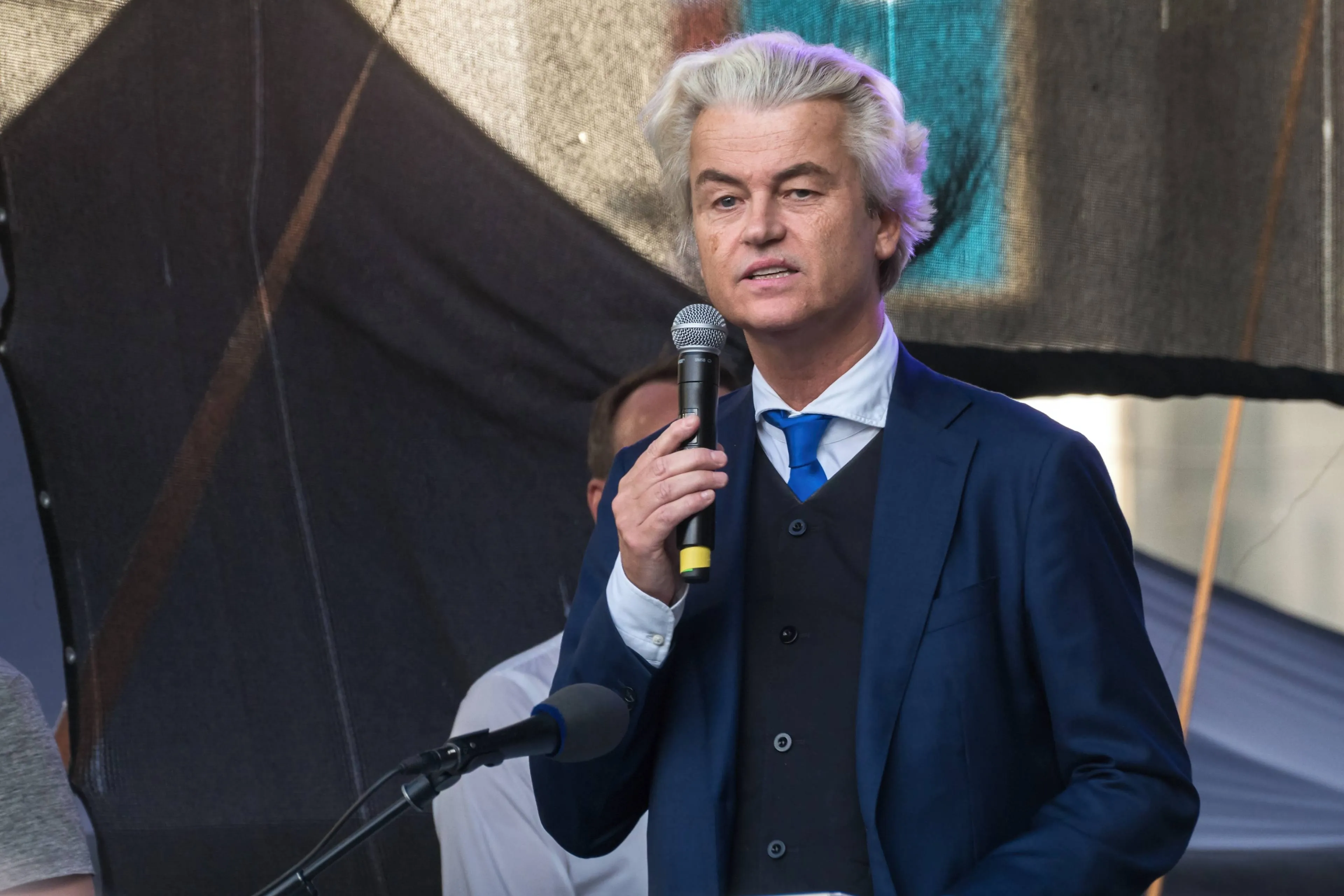Durban: jaarlijkse hoogmis broeikaskerk
De klimaatconferentie in Durban, officieel COP 17 genoemd, zal duidelijk maken dat er geen vervolg op de eerste fase van het Kyoto-verdrag zal komen. Dit verdrag, in het kader waarvan slechts een beperkt aantal landen, waaronder de EU, verplichtingen op zich hebben genomen om hun uitstoot van CO2 te verminderen, zal eind 2012 aflopen. Op dit moment is het niet moeilijk om een échec te voorspellen. Toen ik dat echter een aantal jaren geleden deed, werd ik voor gek verklaard.
Onder de titel, 'Durban Downbeat', schreef Benny Peiser een voorbeschouwing van Durban.
Benny Peiser:
On Monday, another round of international climate negotiations opens in Durban, South Africa. Expectations are low. Few expect the United Nations summit will overcome the solidified deadlock that has lasted for more than 10 years.
Time is fast running out for the Kyoto Protocol, which expires at the end of 2012. At the Copenhagen climate summit in 2009, Western nations promised $30-billion between 2010 and 2012 and $100-billion a year by 2020 to help poor countries adapt to climate change. But this pledge by developed nations is conditional on China, India and other emerging nations signing up to an international agreement, something that is not going to happen any time soon. In any case, the Obama administration struggling with an astronomical debt burden and economic sluggishness is refusing to sign up to any significant wealth transfer (a.k.a. climate funding) to its up-and-coming competitors in the emerging and developing world.
No wonder European government officials are playing down the chances of a legally binding treaty before 2015 or even 2020. Even within the European Commission, major concerns about its aggressive green targets have started to surface. The European Union is now seriously considering discontinuing its unilateral decarbonization strategy in the absence of a global agreement. In a draft of its Energy Roadmap 2050, the commission warns that if co-ordinated action on climate among the main global players fails to strengthen in the next few years, the question arises how far the EU should continue with an energy-system transition oriented to decarbonization.
Meanwhile, European consumers are facing up to the reality that their political leaders have already squandered more than 200-billion ($277-billion) on completely inane and ineffective climate policies. A new report by Swiss bank UBS reveals that the EUs emissions-trading scheme has cost European consumers 210-billion for almost zero impact on cutting CO2 emissions. It warns that the EUs carbon market, which has collapsed in recent days, is on the verge of annihilation once the Kyoto Protocol runs out next year.
In the run-up to the Durban summit, an increasingly desperate EU has made a new offer trying both to overcome the stalemate and to prevent a looming carbon crash. The EU is offering to support an extension of the Kyoto Protocol, but only if emerging nations agree to start talks for it right away for a legally binding agreement by 2015.
Hoe moeten we die voorwaarde interpreteren? De EU weet natuurlijk dondersgoed dat deze eis onverteerbaar is voor de meeste andere deelnemers. M.i. verschaft deze onderhandelingstaktiek de EU dan ook een alibi om zonder al te veel gezichtsverlies ná Durban haar klimaatbeleid op een andere leest te schoeien.
What is altogether new at this years climate summit is that even climate alarmism appears to to have received a dose of cold water. The latest scientific research findings are certainly facilitating a growing number of climate delayers who are promoting an international wait-and-see strategy, a new diplomatic approach that is becoming increasingly fashionable among advocates of climate Realpolitik. Even the IPCC, in its recent report on extreme weather events, is now reassuring the international community that there will be no detectable human influence on extreme weather events for the next 20 to 30 years. In fact, most scientists acknowledge that they cannot determine if mankinds long-term influence will result in more, or fewer, extreme weather events at local and regional levels. ..
The European Unions unilateral climate policy puts businesses and, in particular, energy-intensive users at a disadvantage with regards to cost and international competitiveness. It does not make any sense to make industry and manufacturing, in particular, increasingly uncompetitive or to drive it out of the continent. Nor does it make sense to weaken Europes crisis-ridden economies by driving up energy costs and increasing fuel poverty.
Given the manifest reluctance of the worlds big emitters to accept any legally binding carbon targets and in face of our deepening economic crisis, Europe should undertake a comprehensive review of its economically damaging carbon targets and in the absence of an international agreement should consider the suspension of all unilateral climate policies that threaten Europes economic recovery.
Lees verder hier.
En tot een soortgelijke aanbeveling kwam ik ook al lange tijd geleden toen we nog niet zo diep in de crisis zaten.
In 'Amsterdam Law Forum' schreef ik in 2010:
Kyotos scientific base is fatally flawed. Moreover, it has become likely that there will never be a worldwide Son of Kyoto. Its political, economic and social implications have not been sufficiently thought through. They are based on wishful thinking rather than a sober and realistic assessment, which is the hallmark of rational policy-making. Against this background Europe should reconsider its position. It is in grave danger of isolating itself from the rest of the world by its climate policy.
En in mijn 'Requiem voor Kyoto' schreef ik in 2006 in Trouw:
Dit betekent dat het aflopen van de eerste fase van Kyoto in 2012 tevens 'einde oefening' is. De voorstanders van Kyoto hebben altijd beweerd dat deze eerste fase slechts een eerste zéér bescheiden stap is die door vele verdere stappen (schattingen variëren van 10-30) zouden dienen te worden gevolgd. Dat is nu een gepasseerd station. Daarbij dringt zich natuurlijk de vraag op waar het huidige Europese mini-Kyoto nog goed voor is. Het kost een vermogen en het effect is nihil. Bovendien verslechtert het de concurrentiepositie van de Europese industrie, met negatieve gevolgen voor de welvaart en werkgelegenheid in ons deel van de wereld. Zou de verklaring van dit irrationele gedrag misschien moeten worden gezocht in de sfeer van schuld en boete? Hebben we dan toch met een seculiere religie te maken?
Ga verder met lezen
Dit vind je misschien ook leuk
Laat mensen jouw mening weten
Lees ook
Loading


